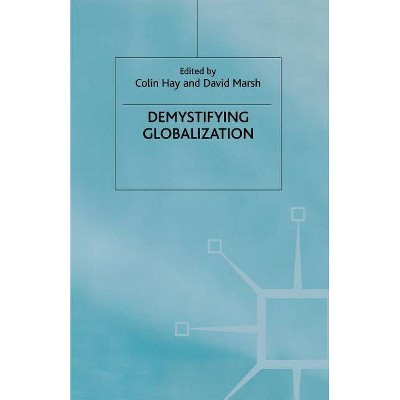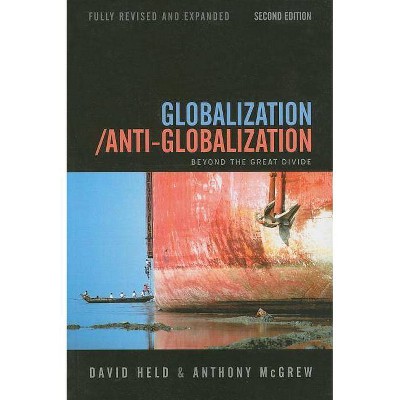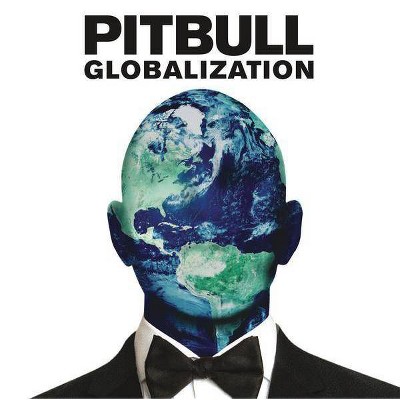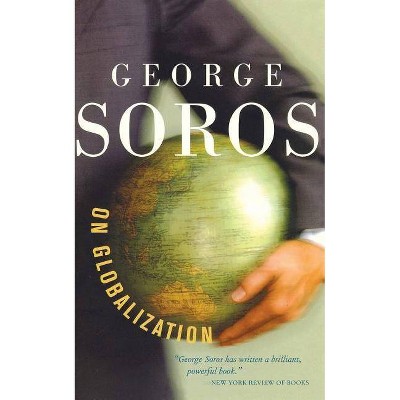Music and Globalization - (Tracking Globalization) by Bob W White (Paperback)
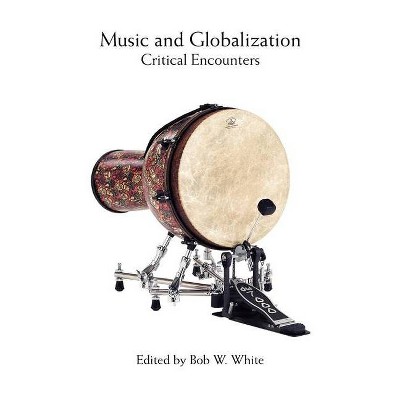
Similar Products
Products of same category from the store
Product info
<p/><br></br><p><b> About the Book </b></p></br></br>This collection demonstrates that careful historical and ethnographic analysis of global music can show us how globalization operates and what, if anything, we as consumers have to do with it.<p/><br></br><p><b> Book Synopsis </b></p></br></br><p>World music emerged as a commercial and musical category in the 1980s, but in some sense music has always been global. Through the metaphor of encounters, <i>Music and Globalization</i> explores the dynamics that enable or hinder cross-cultural communication through music. In the stories told by the contributors, we meet well-known players such as David Byrne, Peter Gabriel, Sting, Ry Cooder, Fela Kuti, and Gilberto Gil, but also lesser-known characters such as the Senegalese Afro-Cuban singer Laba Sosseh and Raramuri fiddle players from northwest Mexico. This collection demonstrates that careful historical and ethnographic analysis of global music can show us how globalization operates and what, if anything, we as consumers have to do with it.</p><p/><br></br><p><b> Review Quotes </b></p></br></br><br><p>'Music and Globalization' includes stimulating contributions, such as Barbara Browning's discussion of Fela Anikulapo-Kuti and Gilberto Gil in relation to metaphoric and literal forms of 'infectiousness'; Richard Shain's examination of Laba Sosseh's project of Cubanising African popular music; and Daniel Noveck's pondering of beliefs mediated through the place of the violin in the lives of Ramámuri people in southern Chihuahua.June 2012</p>--Julian Cowley "The Wire"<br><br><p>[C]ontains many valuable case studies of musical encounters demonstrating the ways music-making both structures and yet provides space for human agency.</p>-- "Music & Letters"<br><br><p>[O]ne of the great strengths of this collection is its ambiguous location of a music often situated rather schematically in a given historical and cultural matrix. Recognition of the political ambiguities makes a welcome shift from some of the more strident positions that have been taken up in public and even scholarly discourse surrounding World Music. . . . The value of this collection extends far beyond World Music.</p>-- "Journal of World Popular Music"<br><br><p>Music and Globalization is a responsible interdisciplinary endeavor characterized by the presentation of serious engagements with music and complex ethnography. Most of the authors address critical issues proposed by postcolonial/subaltern theory and critical political economy with notable courage.</p>-- "Research in African Literatures"<br><br><p>Music and Globalization productively contributes to over two decades of scholarship in the anthropology of music and in ethnomusicology . . . It is a rich collection and deserves attention from specialists and nonspecialists alike; it will be useful in both graduate and undergraduate curriculums across multiple disciplines (anthropology, ethnomusicology, critical music studies, and media studies).</p>-- "American Ethnologist"<br><p/><br></br><p><b> About the Author </b></p></br></br><p>Bob W. White is Associate Professor in the Department of Anthropology at the University of Montreal and author of <i>Rumba Rules: The Politics of Dance Music in Mobutu's Zaire.</i></p>
Price History
Price Archive shows prices from various stores, lets you see history and find the cheapest. There is no actual sale on the website. For all support, inquiry and suggestion messages communication@pricearchive.us

